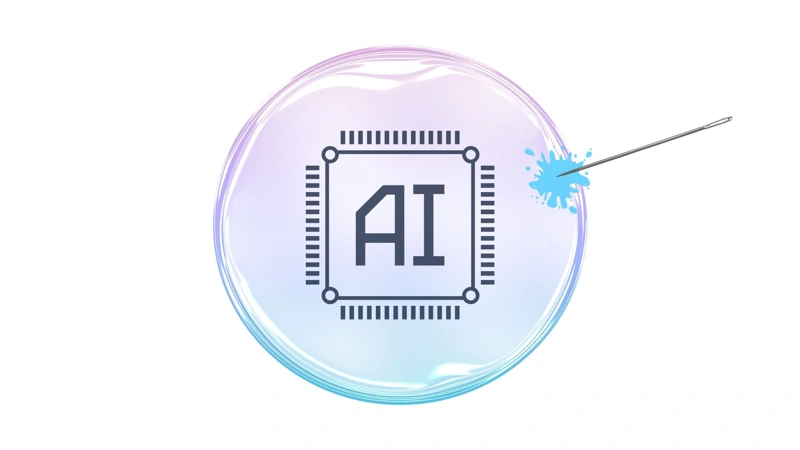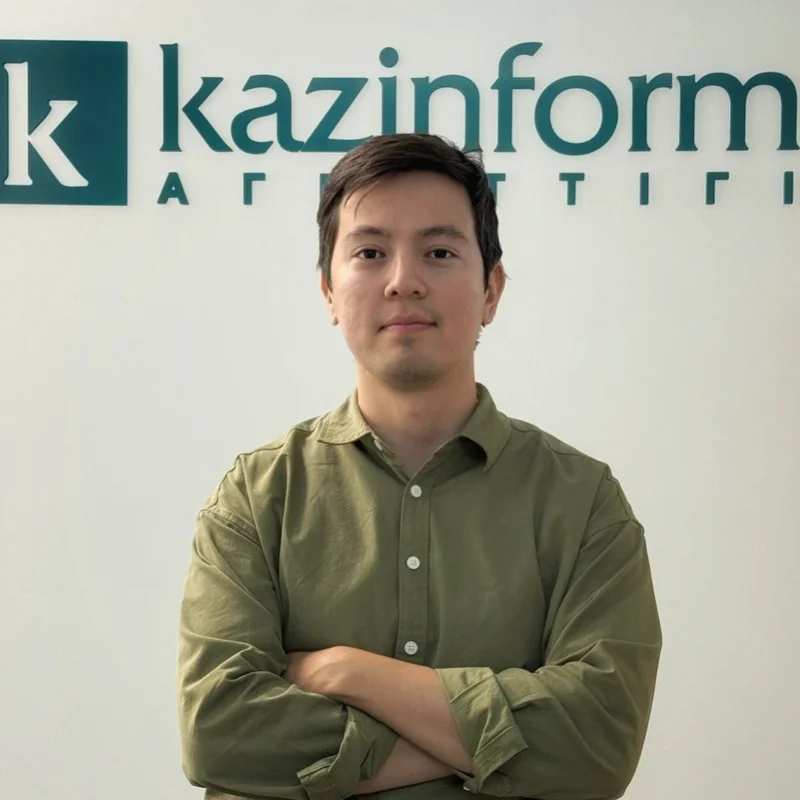What happens the moment AI hype implodes

Companies such as NVIDIA, valued at $4.6 trillion, now rival entire national economies, raising concerns about overinflated expectations. Despite this surge, nearly 80% of AI adopters report little impact on earnings, and questions about the limitations of AI systems have emerged from both industry and academia.
If the bubble does burst, the immediate effects would concentrate in the commercial sector. Economists expect large waves of layoffs, especially among the many new companies offering repetitive or low value AI tools. The situation would echo the dot com crash, which caused hundreds of thousands of job losses. However, major players such as OpenAI, Google and NVIDIA would probably preserve their scientific teams to protect long term research capacity.
A collapse would also reshape where AI expertise is located. For years, industry has pulled researchers away from universities with salaries that academic institutions cannot match. This shift left most cutting-edge AI work inside corporations, which now produce the overwhelming majority of top ranked models.
If a crash forces companies to cut staff, some of that talent could return to academia. Economists say this would strengthen university programs and expand the pool of mentors for the next generation of scientists, although it is unlikely to fully reverse industry dominance.
Another consequence would be the redirection of innovation. Past bubbles show that dismissed workers often carry their technical experience into new fields. After the bicycle crash of 1896, when a rapid surge in bicycle company valuations collapsed almost overnight and wiped out hundreds of firms, many skilled engineers moved on to work on emerging technologies.
A similar transfer could happen with AI researchers. Freed from commercial pressure, they may build tools focused on scientific value rather than short term profit. Early signs are already visible: several top specialists have left large tech companies to launch ventures aimed at accelerating research in physics and chemistry.
Whatever the timing of a financial correction, the vast amount of capital and talent poured into AI will not disappear. A burst bubble would not stop progress. It would reorganize it.
The deepest change may not be the loss of money but the movement of expertise toward areas where AI can solve complex problems that industry has not prioritized. The long-term impact could be a wave of breakthroughs that emerges only after the hype collapses.
Earlier, Qazinform News Agency reported that Microsoft, NVIDIA and Anthropic forged major new AI Alliance.
